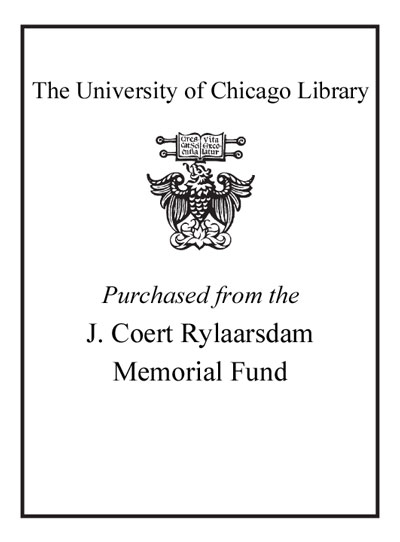| Summary: | For more than 250 years, biblical Hebrew poetry scholarship has been dominated by metrical assumptions and the idea of parallelism. While a consensus is emerging that biblical poetry is not metrical, no consensus has arisen regarding what parallelism is, or what makes biblical poetry "verse" or "poetry" in the absence of meter, graphical lineation, and end-marking of lines. Unparalleled Poetry claims that a new paradigm for biblical poetry is needed, a paradigm that is disentangled from parallelism as well as meter. Drawing from the Cognitive Poetics work of Reuven Tsur, Emmylou Grosser reorients the discussion of biblical poetic structure to how poetic structure can be heard and perceived. She argues that the line-units of biblical poetry emerge in the cognitive experience of the listener/reader and provides an account of the free-rhythm versification system of biblical poetry. Grosser's cognitive approach to biblical poetry accounts for the wide diversity of lines and poems in the Bible and illuminates both the structures of biblical poetry and the artistry of potential effects. Unparalleled Poetry presents a rewarding new paradigm for readers of the Bible, while modeling new possibilities for the study of nonmetrical poetries and phenomena called "parallelism" throughout the world.
"Chapter 1 begins with a well-known biblical poem, Psalm 23, in order to illustrate two problems facing biblical poetry readers: what are "lines" in (traditionally unlineated) biblical poetry, and why does it even matter? The chapter sets these overarching problems in the context of modern biblical poetry scholarship: the frameworks of parallelism and meter, and the confusion over whether "biblical poetry" is best defined by style or structure. While parallelism and meter are rejected, Robert Lowth's early observation of "conformation" is affirmed: biblical poetry does relate to structure, and it is built from lines that fit to each other, not lines that fit to a meter. This raises the question of how the free-rhythm (unlineated) lines of biblical poetry can be perceived or mentally organized as structural-rhythmic units by the listener or reader. A cognitive approach informed by the theory and method of Reuven Tsur is introduced as the solution"--
|
|---|

